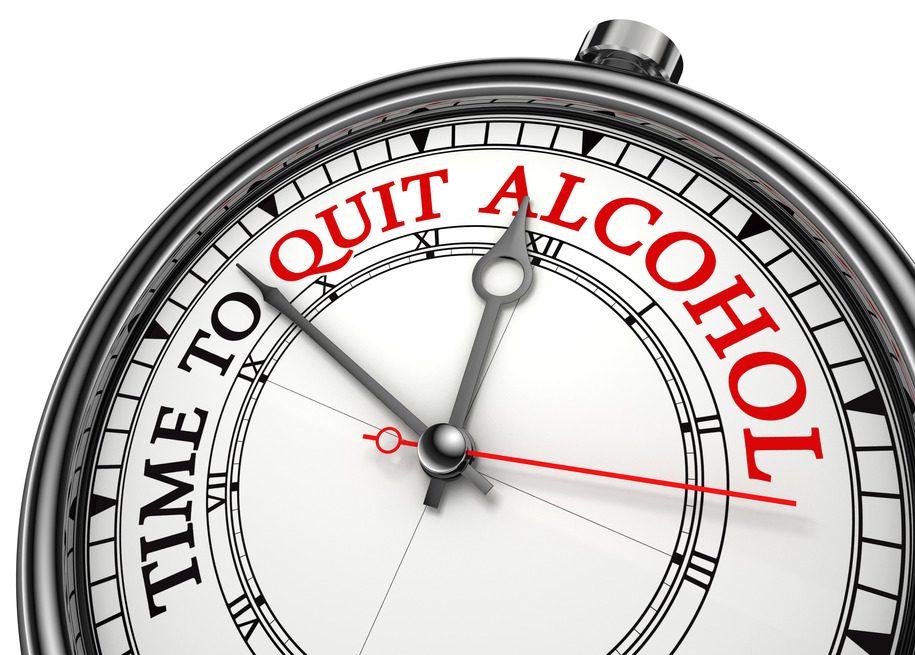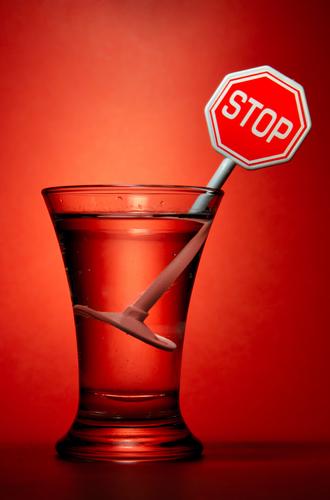Alcohol abuse facts
Alcohol abuse facts: Vital Facts about

Alcohol abuse facts. We must not be ignorant of what excessive drinking of alcohol can do you our lives and health
Alcohol is not only the most abused substance, but it’s also very addictive. It can cause irredeemable harm and damages when abused. It may not matter what you think about this, but alcohol abuse facts will always remain. And it’s not about the brand you take, it’s about the alcohol content in it. According to doctor Dalal Akoury MD and founder of AWAREmed Health and Wellness Resource center, when it comes to alcohol abuse, the damage is caused more by what you don’t know. To us, your health is more important and that’s why we want to share with you some alcohol abuse facts you need to know. But before that, let’s bring in some statistics according to the National Institute on Alcohol Abuse and Alcoholism (NIAAA) survey. It was established that up to 56 percent of American adults age 18 and above have consented to have had alcohol previously while some 24 percent acknowledged binge drinking.
Now with that statistic at the back of your mind, you may want to think again before you grab that drink. The following facts about alcohol abuse may help you make an informed decision.
Alcohol abuse facts: Ethyl alcohol ingredient in alcoholic drinks
Ethyl alcohol, or ethanol, is produced from fermented yeast, sugars, and starches from a variety of grains, fruits, vegetables, and plants. Ethyl alcohol is fundamentally the same in all types of alcoholic beverages, and when you drink in moderation, your liver can comfortably metabolize alcohol from any of these beverages. But heavy drinking overwhelms your liver, and excess alcohol circulates through every organ in your body, including your brain. This is what makes you drunk.
Alcohol abuse facts: You may be drinking more than you realize
Standard alcoholic beverages, contain about 14 grams (0.6 ounces) of pure alcohol. Like for instance, beer has 12 ounces (oz), wine 5oz, distilled spirits 1.5oz and malt liquor has between 8oz to 9oz. However, what you’re served in your usual joint in most cases miss these standards. A single cocktail may have alcoholic content of up to 3 times of the standard drink. Therefore, if you want to be on the safer side, both men and women should not go beyond 4 drinks and 3 drinks per day respectively. This is important if you want to remain healthy.
Alcohol abuse facts: Taking alcohol in moderation
Doctor Akoury says that alcohol like other chemicals may be good for your health in low doses and becomes toxic in higher doses. Moderate alcohol intake helps in reducing emotional and physical responses to stress though just for a while. But when taken in excess, it will affects the brain by changing your nerve cells and brain connections. With these alterations, users start behaving funny and violent in most cases.
Alcohol abuse and alcoholism are different
Alcohol abuse is drinking in a disorderly manner that causes problems in one’s life resulting into one neglecting family and employment responsibilities. The other part is alcoholism which causes changes to the neurons in the brain creating obsessions like the feeling of compulsive drinking. This is a push beyond the user to drink even they didn’t intent to. And that explains why alcoholism is considered by many experts to be a chronic, or lifelong, disease. It can cause death, fatal accidents among many other dangerous outcomes.
The dangers of alcohol withdrawal
Sudden withdrawal from alcohol can impact on the user negatively. This can cause a condition known as delirium tremens (DTs). When this is stretched beyond limit may result in uncontrollable seizures. You can actually be safe from all these if you do the right thing. Calling doctor Akoury on (843) 2131480 should be your starting point, alternatively, you can call AWAREmed health center online for a more professional input.
http://www.integrativeaddictionconference.com/wp-admin









